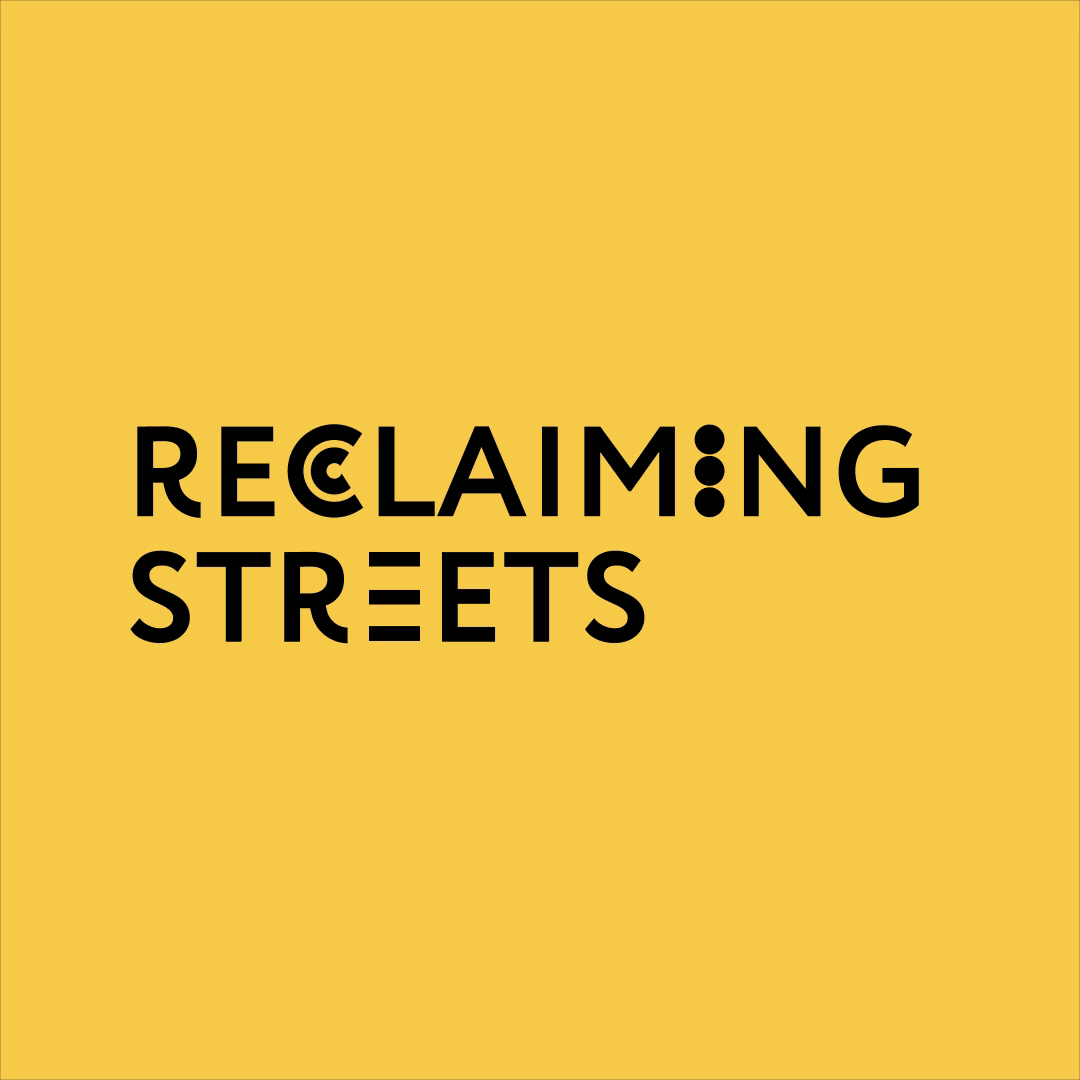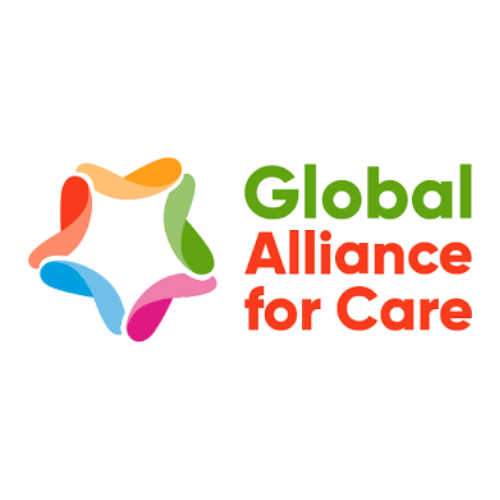- Corporate
- >
- What We Do?
- >
Reclaiming Streets
This initiative is tailored by Marmara Municipalities Union’s (MMU) Local Government Academy in collaboration with Superpool and the Global Designing Cities Initiative (GDCI).
Program Overview
The Reclaiming Streets program aims to transform urban streets into livable spaces for children and caregivers. This initiative includes training and workshop sessions focused on interim and final implementations of street transformation, encouraging collaboration among different municipal departments. The program advocates for a shift from vehicle-centric urban design to a child- and pedestrian-centered approach, aiming to create safe, healthy, and inclusive streets for everyone. It also strengthens municipal capacities in implementing pilot projects, ensuring more effective management of complex processes like design, participation, and budgeting. The program offers theoretical and practical workshops and support through MMU's Mentor program, fostering peer-to-peer learning by connecting different cities.
The initiative has successfully transformed 10 streets into public spaces in 10 cities. Additionally, it has commenced work on 8 more interim implementations with new municipal partners and is planning for final implementations in 2024 in 5 graduate cities.
Phases of Transformation
The program utilizes a phased design strategy to manage the multi-layered processes of street transformation more effectively for both municipalities and residents. This strategy breaks down the implementation process into quick, actionable steps, each building on the previous one. This approach helps manage budget constraints, complex permitting processes, and community involvement more efficiently.
The Global Street Design Guide, prepared by GDCI and translated into Turkish by the Marmara Municipalities Union, outlines three stages for street transformation:
- Pop-up Interventions: Short-term spatial interventions.
- Interim Implementations: Temporary, flexible implementations.
- Final Implementations: Permanent, long-term changes.
Interim Implementations
A crucial step in street transformation, interim implementations are temporary implementations using easily obtainable, flexible materials provided by municipalities. These projects focus on tactical urbanism tools and encourage community involvement in the design process. Interim implementations allow municipalities to test the project's effectiveness before moving to final and permanent implementation by collecting data before and during the pilot phase.
Final Implementations
The final step in the phased design strategy, permanent transformations is developed using data from interim implementations and feedback from residents. This stage aims to make streets safe, healthy, and accessible, focusing on the needs of children and pedestrians. Final transformations might include removing hard surfaces, using sustainable, permeable materials, and enhancing the area with greenery to create a resilient and climate-friendly public space.
Program Goals
The program aims to create public spaces that prioritize pedestrian and child use through rapid, cost-effective design strategies and to raise awareness about street transformation projects. It also seeks to enhance the knowledge and capacity of municipal representatives in creating children and climate-friendly public spaces. Another key objective is to support and promote urban design practices that prioritize pedestrian and child use.
Content of the Learning Program
- Designing Streets for Children
- Tactical Urbanism
- Applied Data Collection
- Geometry Testing
- Participatory Processes and Communication Strategies in Urban Design
- Design Workshops on Patterns, Colors, and Urban Furniture
- Municipal Experience Sharing
- Peer to Peer Learning through Mentor Program
- Coordination Meetings
- Implementations and Opening Events
Duration
Interim Implementation Program: 6 months
Final Implementation Program: 8 months
Participants
The program involves design and implementation teams comprising managers and personnel from municipal departments such as Planning and Project, Zoning and Urbanization, Strategy Development, Urban Planning, Urban Design, Parks and Recreation, Transportation, Social Services, and other related units.
Related News and Documents
Streets Transforming for Children
Street Transformation Rehearsal Projects Were Implemented in Gebze And Malkara
Streets Redesigned!: Small Transformations For Big Changes, The Third Issue of Urban










